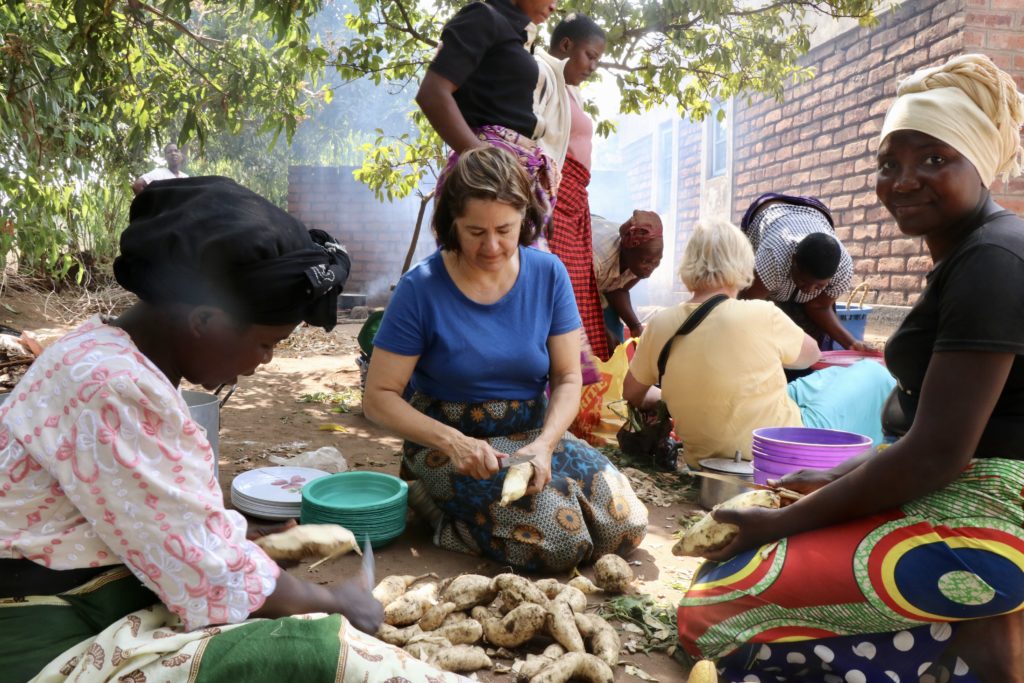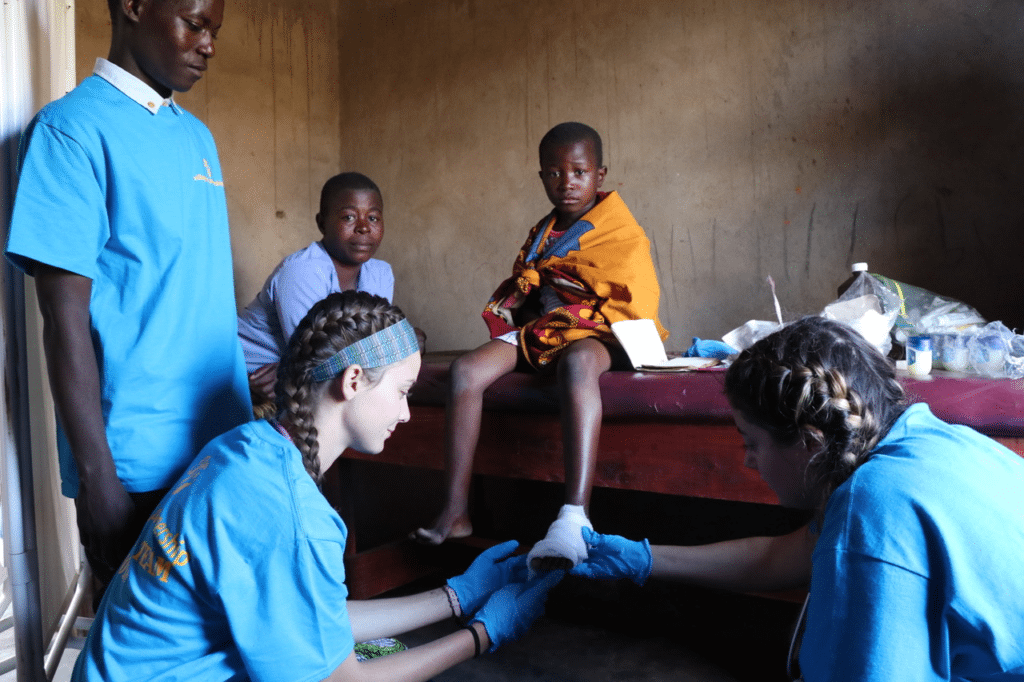VIP Sponsors “Friendship” Trips, Not “Mission” Trips.
Friendship Trips allow for the development of real connections that bring together people who are geographically and culturally distant but are one and the same in all things that matter.
During your time in Malawi, trip participants will break bread together with our Malawian brothers and sisters. You’ll work together, worship together, and share both blessings and burdens.
As we are invited into the lives of the most poor and vulnerable, our views of our lives are completely altered. Read more about why we go.
Upcoming Trips:
Note: Please make sure your flight arrangements arrive and depart from BLZ airport on these dates. In most cases, this means leaving the day before.
👥 Friendship Trip 1: July 13-20
👥 Friendship Trip 2: July 20-27
FAQs
N’amangazi Farm, north of the city of Zomba, will be your home while traveling in Malawi. The Farm is a working farm and educational center owned and managed by the Blantyre Synod. There are conference/classrooms, a dining area, and hostel-style bedrooms. There is access to electricity and hot water, and there are mosquito nets over each bed.
Breakfast and dinner are provided at N’amangazi Farm. Typical breakfast includes fried eggs and potatoes; bread and peanut butter. A typical dinner might be rice, sautéed greens, and chicken or goat.
Pack snacks for during the day. Please bring extras to share with the Malawian VIP staff with whom you will be working. Instant coffee and tea are available in the morning and evening. Feel free to bring your own instant coffee packets, flavored tea, or hot chocolate. Bottled or filtered water is provided at the farm. Bring a refillable water bottle.

Your days will consist of working with villagers and our Malawian staff on various projects, getting to know our partner villagers, and worshiping alongside them.
Medical trip participants will partner with local physicians and healthcare providers to conduct treatment clinics in the villages where access to medical care is lacking.

At the end of your trip, we will go on an overnight safari at the renowned Liwonde National Park!
In Malawi, the rainy season begins in November and lasts into March. During the rainy season, it is often sunny in the morning and rainy in the afternoons. June, July, and August are the coolest months with highs in the mid 70’s and nighttime temperatures getting down to the 40’s and 50’s. The hot season begins again in October.
During travel and while on safari, you may wear whatever is comfortable. However, in the village, we honor Malawi’s cultural dressing norms:
Women: Long dresses and skirts only, well below the knee. Do not bare shoulders; absolutely no yoga pants. T-shirts are fine. One Sunday outfit. Light jacket or sweatshirt needed. Sturdy sneakers or shoes for rough terrain, plus sandals.
Men: Casual, light pants, t-shirts, and collared shirts. No shorts. Bring one dress shirt and tie for worship. Work clothes, sturdy sneakers or shoes for rough terrain, plus sandals. Light jacket or sweatshirt.
Most international airlines allow for two 50-pound suitcases and 2 carry-ons. We suggest packing one suitcase for yourself and packing the second one with supplies collected for our brothers and sisters in the village. (VIP often has educational or medical supplies that need to be carried over.)
Suggested items:
- Bible (a paper one…not just on your phone)
- Passport
- $50 cash for a visa to enter Malawi. This is to be paid in U.S. dollars upon arrival in Blantyre.
- Backpack
- Camera
- Flashlight and/or headlamp (blackouts can be relatively common)
- Sunscreen
- Towel
- Water bottle
- Hand soap
- Hand sanitizer
- Band-aids and Neosporin
- Anti-malaria meds (see below under the FAQ about “shots”)
- Cash for tipping and personal gifts (Malawi is a cash-only economy)
- Work gloves
- Kleenex packets (for latrines)
- Coffee packets
- Batteries
- Journal
- Pen/pencils
- Power adapter/converter (more details below)
- Small gifts to offer people along the way (see below)
Pro tip: Often people will pack clothing they don’t mind leaving behind for our friends.
Gift ideas for VIP Staff
- Shirts
- Ties
- Baseball caps
Gift ideas for home visits with vulnerable families
You can help us collect items by asking your family, friends, and church for the following:
- Blankets
- Clothing (children and adults)
- Vaseline
- Flip flops
- T-shirts
- Toothbrushes and toothpaste
- Hats
- Ties
- Children’s clothes
- Small men’s clothing
Gift ideas for visiting schools
- Children’s Bibles with black characters
- Rulers
- Crayons or pastels
- Children’s picture books with black characters or African themes. Click here to see our Amazon Wishlist of books

The voltage in Malawi is 230v, and the outlets are Type G (the same as in the UK).
You should check the small print on your phone’s or computer’s power adapter to see if it is a “dual voltage appliance” and can handle voltage input ranging from 120-240v. If so, then you might decide you’re fine with just an adapter.
If not, or if you want to play it safe, you can use a voltage converter. You can get combo units like this one. These will adapt the plug shape as well as convert the voltage.
We recommend the following course listed below. (Note: Your doctor or health-care provider will determine what you will need, depending on factors such as your health and immunization history.)
To have the most benefit, see a healthcare provider at least 4–6 weeks before your trip to allow time for your vaccines to take effect and to start taking medicine to prevent malaria.
Effective June 5th, 2023, the Malawi Government no longer requires proof of COVID vaccination or a negative PCR test to be allowed entry or to exit the country.
If you are not up to date with routine shots such as the measles/mumps/rubella (MMR) vaccine, diphtheria/pertussis/tetanus (DPT) vaccine, poliovirus vaccine, etc., it is recommended that you start there. The following vaccines are suggested for travel to Malawi:
- Hepatitis A
- Hepatitis B
- Typhoid
- Anti-malaria medication (Tell your doctor the length of your trip, and follow their recommendations on when to start and finish the anti-malaria medication treatment.)
A rabies vaccine is not necessary for travel to Malawi.
NOTE: Every trip participant is required to provide their own travel health insurance. If your health insurance does not provide coverage overseas, a per-trip Medevac policy is an affordable option. (We recommend AIG’s Travel Guard per-trip Medevac policy or similar plan.)
Ground Fees include all costs while on the ground, such as accommodations, food, water, transportation, luggage handling, translators, cell phone availability, internet availability, trip coordinator, and an overnight safari.
These Ground Fees are $1,400-$1,600 per participant, depending on the trip. The first $500 is payable as a non-refundable deposit to reserve your place on the trip. (Full payment is due 30 days before departure.)
Airfare must be obtained separately by individual participants. We recommend searching with an online tool like Google Flights to book with United, Ethiopian Airlines, or South African Airways. If you would like to book through a travel agent, we can recommend one.
Pro tip: Over half of our participants receive scholarships to cover the cost of their trips from their home church, school, or family members. We can also help you fundraise for your trip with letter templates and even your own crowd fundraising page where your friends can make tax-deductible gifts toward your trip.
For additional questions or more info, email info@villagesinpartnership.org.

